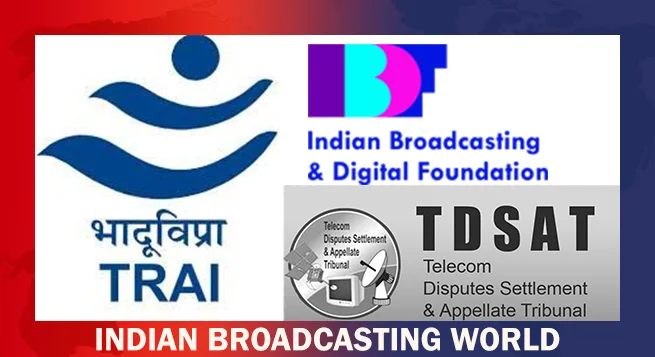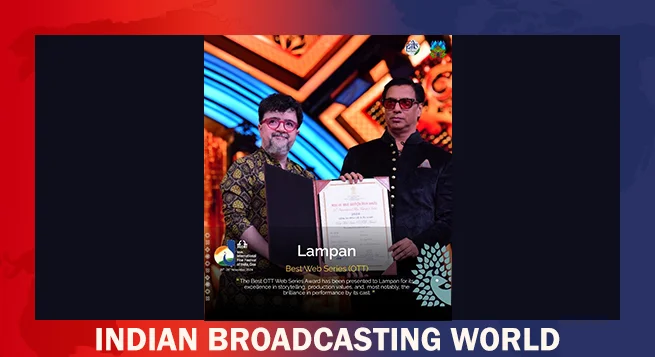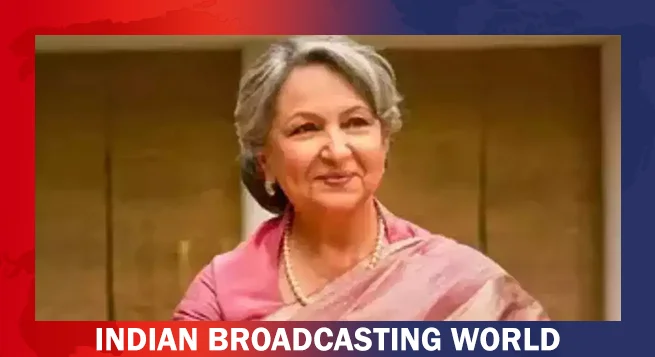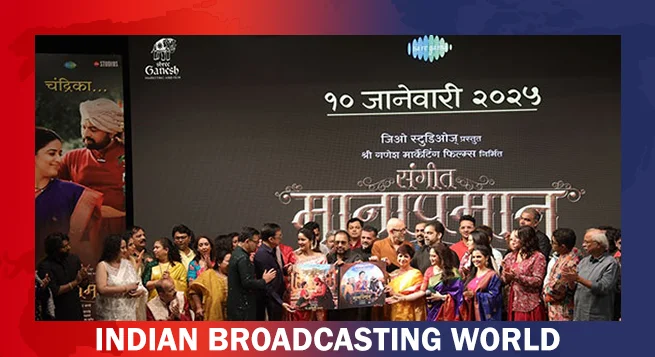The Supreme Court yesterday rejected an appeal challenging the telecommunication tariff orders of the Telecom Regulatory Authority of India (TRAI) and affirmed the Kerala High Court verdict that such matters should be dealt by telecom tribunal TDSAT.
The Kerala High Court had refused to entertain the plea of Indian Broadcasting and Digital Foundation (IBDF) against certain provisions of the Telecommunication (Broadcasting and Cable) Services Interconnection (Addressable Systems) Regulations, 2017 and the Telecommunication (Broadcasting and Cable) Services (Eighth) (Addressable Systems) Tariff Order, 2017 issued by TRAI.
The high court had said that IBDF should have approached the TDSAT (Telecom Disputes Settlement Appellate Tribunal) to review the tariff orders.
According to a PTI report from New Delhi yesterday, a SC bench comprising Justices P S Narasimha and Sandeep Mehta dismissed the plea, saying, “Tariff orders can be challenged before TDSAT under the regulations.”
The challenge to the regulations themselves can later come to this court through a statutory appeal under Section 18 of the TRAI Act, it added.
The IBDF, in its plea, referred to a 2014 judgement of the top court in the BSNL v. TRAI case and said it had curtailed TDSAT’s authority to review TRAI regulations, creating ambiguity regarding the jurisdiction. The bench acknowledged the submission and clarified that the IBDF may approach TDSAT for tariff-related disputes and later seek the statutory recourse if necessary.
“We are keeping it open to you. There is some problem occurring for stakeholders, but it can be addressed either by the legislature or by a Constitution bench in light of the BSNL (2014) decision,” the bench said.
The plea was filed against the high court’s decision and the IBDF sought a constitutional review. The apex court, however, upheld the high court findings, directing the stakeholders to first utilise TDSAT’s dispute resolution mechanism.
 SC refuses to interfere in TRAI tariff case; directs b’casters to TDSAT
SC refuses to interfere in TRAI tariff case; directs b’casters to TDSAT  Marathi ‘Lampan’ best OTT series@55th IFFI; Golden Peacock for Lithuanian ‘Toxic’
Marathi ‘Lampan’ best OTT series@55th IFFI; Golden Peacock for Lithuanian ‘Toxic’  Minister Vaishnaw bats for stricter content rules for SM, OTT platforms
Minister Vaishnaw bats for stricter content rules for SM, OTT platforms  S.N. Sharma appointed President of AIDCF
S.N. Sharma appointed President of AIDCF  Sharmila Tagore returns to big screen with ‘Outhouse’
Sharmila Tagore returns to big screen with ‘Outhouse’  ASIFA India hosts WAVES Awards of Excellence
ASIFA India hosts WAVES Awards of Excellence  News18 India 1st Hindi news channel to be feted at Asian TV Awards
News18 India 1st Hindi news channel to be feted at Asian TV Awards  Kiara Advani shines in ‘Jana Hairaan Sa’ from ‘Game Changer’
Kiara Advani shines in ‘Jana Hairaan Sa’ from ‘Game Changer’ 








